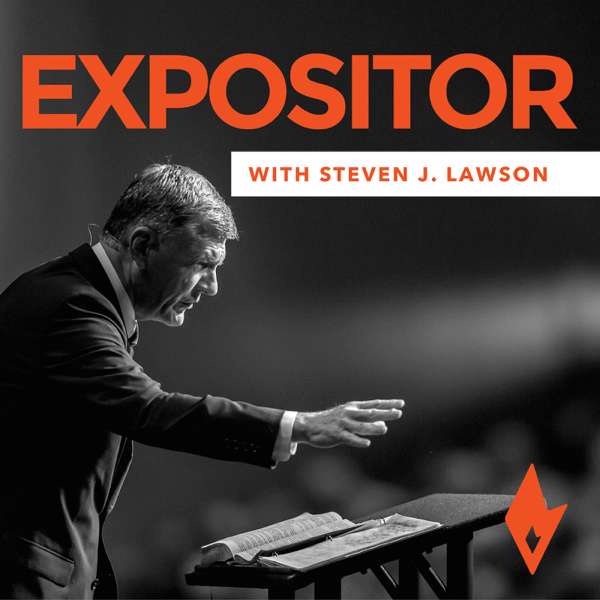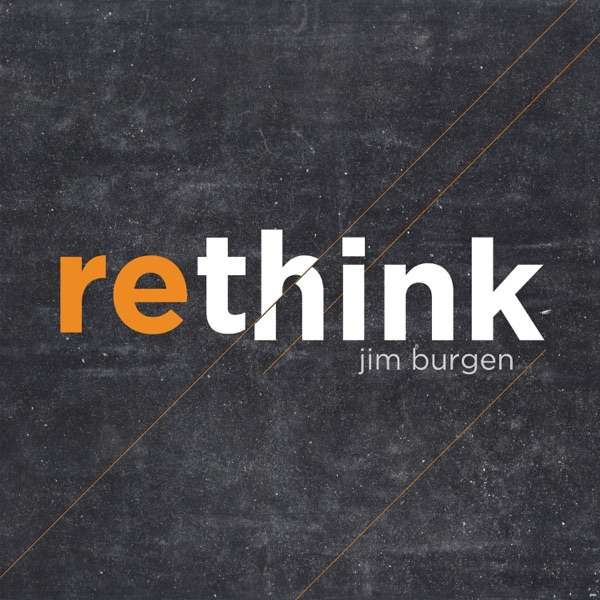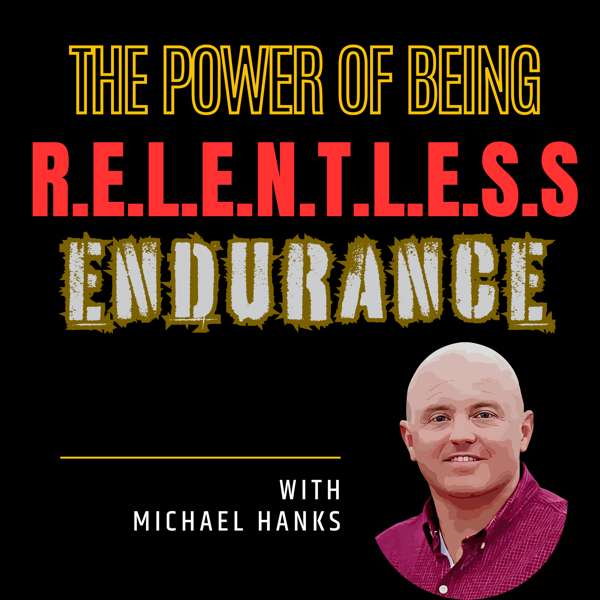IIn 1958, when I was sixteen and in tenth grade, I stole my parents' checkbook, booked a flight to New York with a bad check, and moved into the Plaza Hotel, where I assembled a wardrobe and other artifacts, went to a play on Broadway (J.B.), drank, ate high and finally bought a $2,500 Patek Phillipe watch in the hotel jewelry store — all paid for with bad checks from my parents checkbook (times were easier then for a child con man). In the end, they called my grandmother in New Jersey who wired enough money to bail me out and get me a train ticket to her.
I lived with my grandmother for a while, got involved with a married woman, was found out by her ex-Marine husband, and escaped into the Army, where I soldiered poorly for three years or so in Germany.
Upon my discharge from the Army, I returned to New Jersey and my grandmother and was hired on as an apprentice machinist at a shipyard in Camden, New Jersey, where my grandfather had worked. I learned a good trade to fall back on and embarked on a pretty good run of good jobs and bad and stupid adventures. Before long, a woman who worked for me left her husband and we took off for Southern California, where I settled into a career of poker, credit card scams, and fraudulent check operations. She didn't stay for long.
When the police moved in to break up the ring of fences and check runners that I used to dispose of stolen merchandise and cash bad checks, I escaped by the skin of my teeth and ran away to Oregon with another woman who herself was on the run from her husband with her three kids in tow. I took a job there as a photocopy salesman and was soon arrested when the car I was driving was checked by the Oregon police and identified as having been bought in California with a bad check.
After eighteen months in the hole, I was released from McNeil, and reunited with the woman with whom I had fled California, went to work for Boeing as a journeyman machinist in the R&D department, and joined the Revolutionary Communist Party. After several years, I left the RCP over an ideological dispute, and before long got involved with a ragtag bunch of anarcho-commies, led by my old comrade from McNeil, who called themselves with considerable grandiosity The George Jackson Brigade.
I didn't stay caught for long. About six weeks later, I escaped with the help of friends who had evaded capture at the bank, and we left town for a while to lick our wounds and gather our strength. We returned about a year later to rob banks, sabotage capitalist institutions, and cause consternation among our enemies. We managed to do just that for another year or so, after which we were caught again, tried, convicted.
I had been sentenced to a total of thirty years — an act of leniency that almost gave the prosecutor a stroke — and sent to the US Penitentiary at Lompoc, from which I escaped with the help of my new wife a couple of months later.
I was put on the FBI's Ten Most Wanted List, but this time I resolved to stay straight, as it were. We moved to Golden, Colorado, and I took a job as a precision machinist at Sundstrand, an aerospace company in Denver. All was going quite well until I undertook a campaign to unionize this rabidly anti-union company in the rabidly anti-union State of Colorado. I was fired but later was awarded a considerable settlement for violation of the labor laws that make it illegal to discharge an employee for union activities. I had made a record of very high productivity and accuracy in my work that made it impossible for Sundstrand successfully to claim that I had been fired for cause.
During my years in prison, I studied philosophy, physics, metaphysics, etc. Early on, drawn by its unabashed celebration of a mystical reality, I even converted to Catholicism. Much later, in 1993, in a federal prison in Littleton, Colorado, I got involved with the Buddhists who were coming to prison from the Naropa Institute in Boulder. I was very quick to understand the teachings and successful in my practice. The Buddhists were very happy with me, and they soon brought in a Tibetan lama and I took refuge and bodhisattva vows. In 1994, fifteen years into my sentence, an American spiritual teacher named Gangaji came to the prison. In her presence, I discovered myself to be peace and freedom and love without condition. The next year was spent in an extreme state of bliss and in the clear seeing of the reality of the oneness of all being. The year of blissful experiences was followed by a year in hell, where I lost everything I had attained. I fell into abject despair. Finally, in desperation, I turned to Ramana Maharshi. I put all of my energy into the project of figuring out what he was asking us to do. I wanted to find an activity that would either put an end to my torment or show me that it was, as I suspected, all completely hopeless after all.
In 1998, I was released from prison on parole and went to work for the Gangaji Foundation in Boulder, Colorado. Six months later the Foundation moved to Novato, California and took me with it. I worked for the foundation as a computer systems manager until July 1999. On a Friday afternoon in June 1999, Carla and I discovered without warning that we were meant to be together. We have been together ever since, meeting with people ever since and, since August of 2001, we have lived in Ojai, California with our magnificent Maine Coon cat, Switters. I was released from parole in 2007.
John's site: justonelook.org
Books:
The Just One Look Method: Complete Instructions
Meeting Ramana Maharshi: Conversations with John Sherman
No More Fear, No More Anxiety
Lookers Tell Their Stories
Just One Look: Experience the Power of Human Consciousness to Free Itself of the Fear of Life
The Fear of Life: And the Simple Act of Inward Looking That Snuffs It Out
Transcript of this interview
Interview recorded 6/19/2011.
YouTube Video Chapters:
00:00:00 - Introduction and Technical Tips for Watching the Video
00:05:52 - Motivation to Save Oneself and Escaping from Prison
00:11:51 - 17 Years in Prison
00:17:38 - Introduction to Gangaji
00:22:49 - A Shift in Perspective and Falling in Love with Gangaji
00:29:42 - The Quandary of Hopelessness and Yearning
00:35:29 - Lingering Involvement with the Idea of Death
00:41:27 - "Who am I?" and the Job at the Prison
00:47:10 - Feeling Inadequate in Satsang
00:52:21 - Finding a Way to Speak Clearly
00:58:01 - The Cause of Human Misery and the Way Forward
01:03:50 - The Authenticity of Ancient Wisdom Teachings
01:07:50 - Getting rid of resistance and reactive thoughts
01:12:15 - The Birth of Self-Consciousness
01:16:38 - The Problem of Separation from Life
01:20:45 - The Failure of Approaches to Human Insanity
01:25:36 - The Problem of Separation from Life
01:29:58 - The Reality of Our Nature
01:33:17 - Understanding the Concept of "Personness"
01:37:38 - The Certainty of Your Existence
01:41:29 - The Fear of Life and the Sense of Separation
01:45:05 - The Contrast of Sitting in Front of the Computer
01:48:17 - The End of Separation
01:52:29 - The Nature of Enlightenment
01:57:10 - The Faint Remains of Ignorance
02:00:10 - The Fulfillment of Backyard Gardening
02:03:53 - The Gradations of Self-Awareness
02:08:25 - The Gap and Restructuring of Experience and Expression
02:13:28 - The Core of Religious and Spiritual Teachings
02:18:30 - Final Thoughts and Contact Information
02:22:32 - A Conversation with John Sherman

 Our TOPPODCAST Picks
Our TOPPODCAST Picks  Stay Connected
Stay Connected







